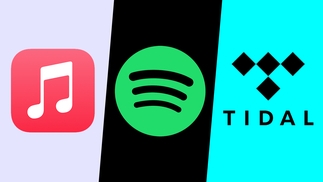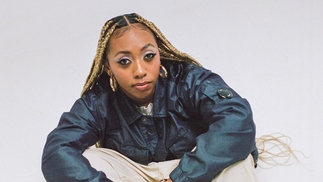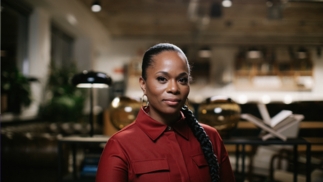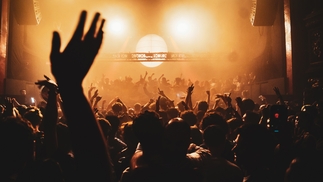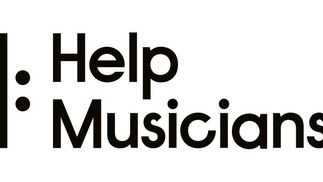UK music industry anti-racism code of conduct to be implemented from 2023
Aimed at addressing pay inequality, access, harassment, and safety
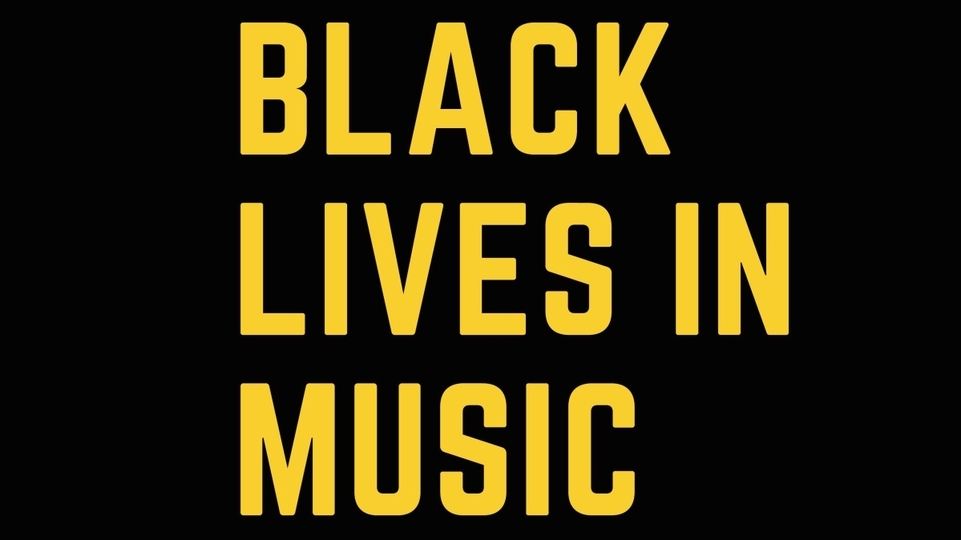
The UK music industry is set to implement a new anti-racism code of conduct from next year in a bid to end inequality and abuse, the Guardian reports.
Black Lives in Music (BLIM) is behind the move. The organisation that works to address issues including access and equity, with the new Code applicable across genres and scenes, and placing a significant focus on pay, inclusion and safety for Black, Asian and ethnically diverse people working in the industry.
Staff and freelance employees will be covered, from technical and back-room roles to on-stage talent, with labels, venues and other organisations asked to commit to creating positive and safe workplaces for all, with mandatory training, data collection and accountability processes being introduced. The Code will be supported by the Independent Standards Authority, and in the future non-profit Creative UK will implement across other creative industries.
The decision to introduce the Code stems from a BLIM report published last year which found that 63% of Black artists experienced racism in the UK industry, rising to 73% for Black music professionals. In total, 1,718 individuals participated in the survey, and 36% of those said their mental health had declined as a result of systemic and individual acts of racism. Bullying, harassment, micro-aggression and racist language were all common complaints.
Another report published in 2021, by the Annenberg Inclusion Initiative, showed just 7.5% of 4,060 music executives at vice-president level or above were Black. Meanwhile, UK Music's own figures from 2020 pointed to less than one-fifth of executives being non-white.
BLIM's Chief Executive, Charisse Beaumont, told The Guardian that despite events including the murder of George Floyd and subsequent Black Lives Matter movement, the organisation still receives around 12 reports of discrimination within the music industry each week, with professionals and educators observing little change in recent years.
“The music industry has a hole in terms of what Black artists are chosen and what investments are made; the same type of music is being put out by Black people when in reality we do every kind of music,” Beaumont explained to the newspaper. “But that space is not being created for us. And why is that? Because the decision-makers at the top are not diverse.”
“We really hope to see a better music industry; one that everyone can feel safe and belong in; one that is striving for every person so they can fulfil their ambition. Because right now, that’s not the case," she said of the Code's aims.
